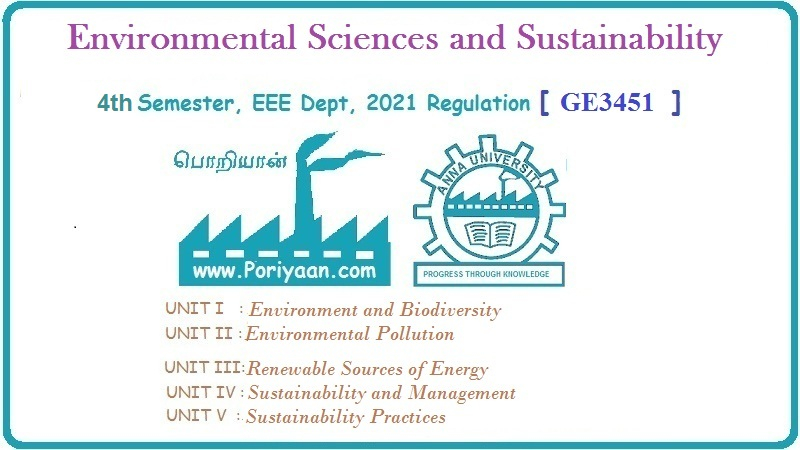Environmental Sciences and Sustainability: Unit III: Renewable Sources of Energy
Energy Management
Conservation | Renewable Sources of Energy
• Energy management is a process by which a sector or an organisation can effectively manage how much energy they produce and how to control, monitor and conserve as much energy as they can while also generating enough energy to meet their demand of energy.
Energy Management
•
Energy management is a process by which a sector or an organisation can
effectively manage how much energy they produce and how to control, monitor and
conserve as much energy as they can while also generating enough energy to meet
their demand of energy.
•
Energy management is the process of tracking and optimizing energy consumption
to conserve usage in a building.
•
Energy management is a process that not only manages the energy production from
different energy harvesting resources (solar, nuclear, fossil fuel) but also
concerns optimal utilization at the consumer devices.
•
Energy management is the means to controlling and reducing a building's energy
consumption, which enables owners and operators to :
a)
Reduce costs - Energy represents 25 % of all operating costs in an office
building.
b)
Reduce carbon emissions in order to meet internal sustainability goals and
regulatory requirements.
c)
Reduce risk - The more energy you consume, the greater the risk that energy
price increases or supply shortages could seriously affect your profitability.
With energy management solutions, you can reduce this risk by reducing your
demand for energy and by controlling it so as to make it more predictable.
•
There are few steps for the process of energy management:
1.
Collecting and analysing continuous data.
2.
Identify optimizations in equipment schedules, set points and flow rates to
improve energy efficiency.
3.
Calculate return on investment. Units of energy saved can be metered and
calculated just like units of energy delivered.
4.
Execute energy optimization solutions.
5.
Repeat step two to continue optimizing energy efficiency.
1. Energy Conservation
•
Energy conservation means reducing the consumption of energy by producing or
using less of it.
•
Energy conservation is “the prevention of the wasteful use of energy,
especially in order to ensure its continuing availability”.
•
Energy conservation is achieved when growth of energy consumption is reduced,
measured in physical terms.
•
Energy conservation can be the result of several processes or developments,
such as productivity increase or technological progress.
•
Energy conservation and Energy Efficiency are separate, but related concepts.
•
Energy Conservation is the deliberate practice or an attempt to save
electricity, fuel oil or gas or any other combustible material, to be able to
put to additional use for additional productivity without spending any
additional resources or money.
Environmental Sciences and Sustainability: Unit III: Renewable Sources of Energy : Tag: : Conservation | Renewable Sources of Energy - Energy Management
Related Topics
Related Subjects
Environmental Sciences and Sustainability
GE3451 ESS 4th Semester | 2021 Regulation | 4th Semester EEE Dept 2021 Regulation
